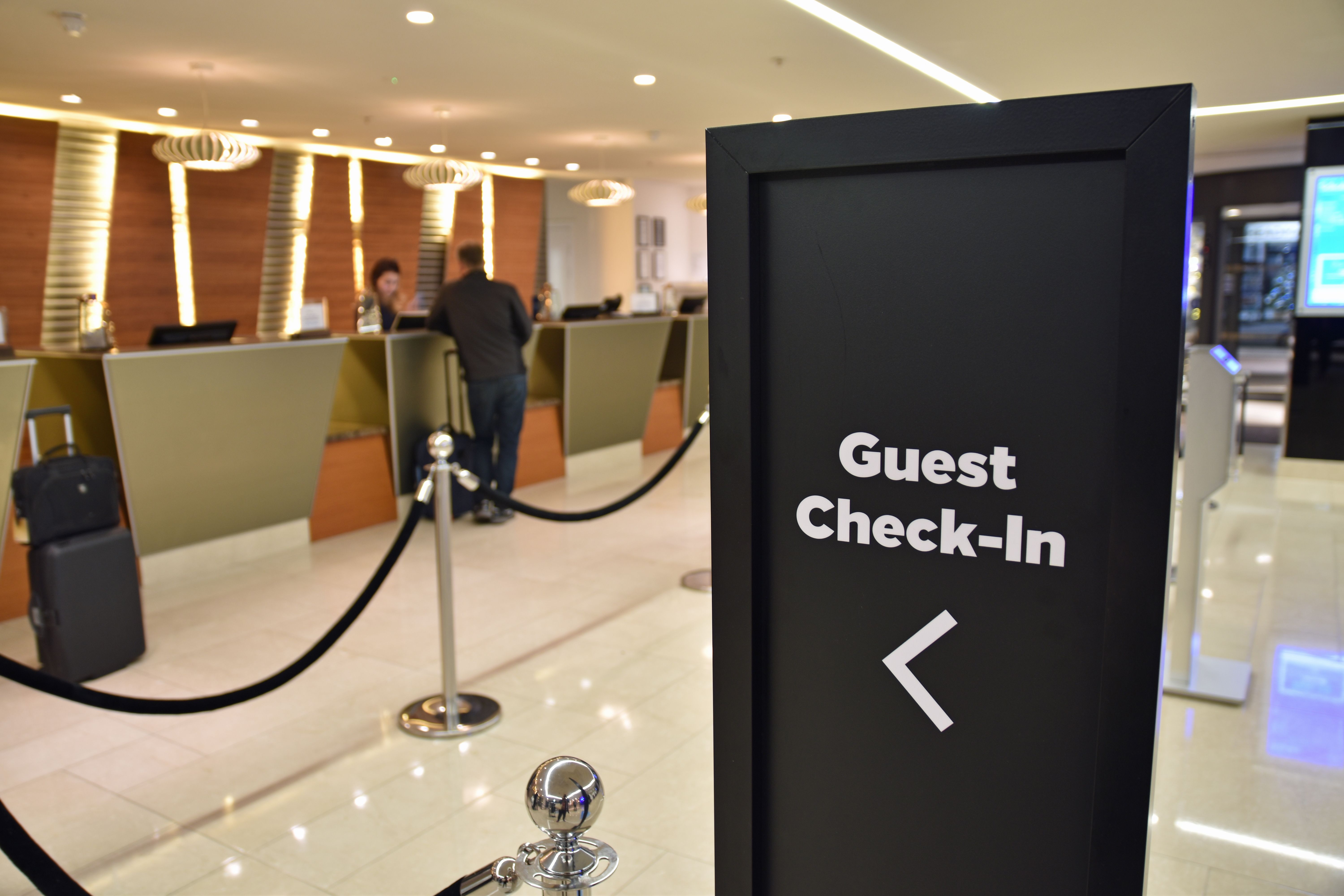Energy Saving Tips for Hotels and Restaurants
By Switch365 - (2024-08-12)

Energy Saving Tips for Hotels and Restaurants
In the hospitality industry, energy consumption is a significant operational cost. For hotels and restaurants, implementing energy-saving measures can lead to substantial cost savings and contribute to environmental sustainability.
Here are some practical tips to help your hospitality business reduce energy consumption and improve efficiency.
1. Conduct Energy Audits
An energy audit is the first step towards understanding your energy usage. It identifies areas where energy is wasted and highlights opportunities for improvement. Many energy providers offer free or subsidised energy audits, so take advantage of these services to get a comprehensive analysis of your energy consumption.
2. Upgrade to Energy-Efficient Lighting
Lighting is a major energy expense for hotels and restaurants. Switching to energy-efficient LED lighting can reduce your energy consumption significantly.
LEDs use up to 75% less energy and last 25 times longer than incandescent bulbs. Consider installing motion sensors and dimmers to optimise lighting usage in less frequently used areas.

3. Optimise Heating and Cooling Systems
Heating and cooling account for a large portion of energy usage in hospitality businesses. Ensure your HVAC systems are regularly maintained and serviced. Installing programmable thermostats can help control the temperature more efficiently. Set the thermostats to adjust temperatures during non-peak hours to save energy.
Additionally, consider using energy-efficient HVAC systems and improving insulation to maintain a consistent temperature with less energy.
4. Implement Smart Energy Management Systems
Smart energy management systems allow hotels and restaurants to monitor and control energy usage in real-time. These systems can automate lighting, heating, and cooling based on occupancy and usage patterns, ensuring energy is not wasted.
Investing in such technology can lead to significant energy savings and operational efficiency.
5. Use Energy-Efficient Appliances
Replace old and inefficient appliances with energy-efficient models. Look for appliances with high energy ratings, such as those certified by the Energy Saving Trust.
Energy-efficient appliances consume less power and can significantly reduce your overall energy consumption.
6. Educate Staff on Energy Conservation
Engage your staff in energy-saving initiatives. Provide training on energy conservation practices and encourage them to participate in energy-saving measures.
Simple actions, such as turning off lights and equipment when not in use, can collectively make a significant impact on energy consumption.
7. Optimise Kitchen Operations
In restaurants, the kitchen is a major energy consumer. Optimise kitchen operations by regularly maintaining and calibrating cooking equipment.
Use energy-efficient cooking methods and appliances, and consider investing in induction cooktops, which are more energy-efficient than gas or electric stoves. Also, ensure that refrigeration units are well-maintained and operating efficiently.
8. Implement Water-Saving Measures
Reducing water usage can also lead to energy savings, especially in hotels where hot water is extensively used. Install low-flow showerheads, faucets, and toilets.
Regularly check for leaks and repair them promptly. Educate guests and staff on the importance of water conservation.
9. Harness Renewable Energy
Consider investing in renewable energy sources such as solar or wind power. Installing solar panels can provide a significant portion of your energy needs and reduce dependence on the grid.
Some hotels and restaurants have successfully implemented small-scale wind turbines to generate electricity.
10. Promote Green Practices Among Guests
For more detailed guidance on energy-saving practices in the hospitality sector, you can explore the following resources:
Energy Saving Trust’s Hospitality Articles
Guide on Becoming a Carbon Neutral Business in 2024
These resources provide additional insights and strategies to help your hotel or restaurant improve energy efficiency and achieve sustainability goals.

